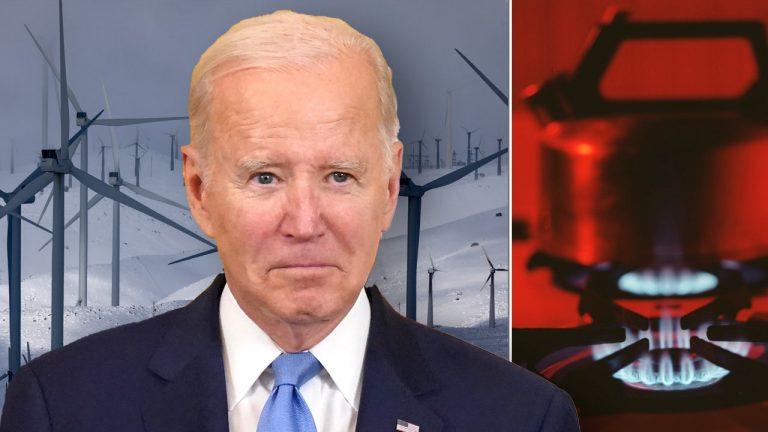McCaul warns of economic disaster if China attacks Taiwan.
In a recent warning issued by House Foreign Affairs Chairman Michael McCaul, R-Texas, he emphasized the catastrophic consequences a potential Chinese invasion of Taiwan could have on the global economy, including the United States. McCaul highlighted the heavy reliance on semiconductors for various essential items like phones, cars, and advanced weapons systems. This dependency has been exacerbated by the offshoring of manufacturing, leaving the U.S. in a vulnerable position. The shutdown of semiconductor production in Taiwan, a key player in the industry, could have severe repercussions worldwide, potentially leading to a global economic shutdown.
McCaul’s grim prediction followed his meetings with Taiwan’s newly inaugurated president and foreign minister, making him part of the first U.S. delegation to engage with the island’s officials. This warning came in the wake of aggressive military drills conducted by China near Taiwan’s coast, involving a significant deployment of warships and planes. These maneuvers were perceived as a response to Taiwan’s new president, Lai Ching-te, expressing support for the island’s independence from Beijing’s rule.
The House Foreign Affairs Chairman characterized China’s military exercises as some of the most provocative and intimidating actions he had witnessed, underscoring the looming threat of a full-scale invasion. He cautioned that such a move could result in an “electronic shutdown” and an economic crisis comparable to the disruption caused by the COVID-19 pandemic. McCaul highlighted the widespread implications such an invasion would have, affecting Americans across different regions and industries.
Semiconductors play a crucial role in a wide range of products and sectors, from healthcare to transportation, communications, military systems, and everyday consumer goods. McCaul stressed the necessity of relocating semiconductor manufacturing back to the United States to mitigate the risks associated with foreign dependency. However, he acknowledged that this transition would take time, expressing concerns about China’s potential timeline for a Taiwan invasion, as hinted at by Chinese President Xi Jinping.
While discussing the hypothetical scenario of a Chinese invasion of Taiwan, McCaul painted a dire picture of the island’s defense capabilities and its reliance on the United States for critical components. He admitted that the current situation did not bode well for Taiwan’s ability to withstand an invasion and hinted at the grim prospect of a potential defeat if such a conflict were to occur. The House Foreign Affairs Chairman emphasized the need for preparedness and swift action to counter China’s growing military threats.
In a show of support for Taiwan, the U.S. delegation’s visit coincided with the recent approval of an $8 billion foreign aid package for the Indo-Pacific region, including Taiwan. This aid package aimed to bolster Taiwan’s defenses and deter China’s aggressive actions. McCaul reassured Taiwanese officials of the United States’ commitment to providing military support and equipment, acknowledging the escalating threat posed by Chairman Xi’s regime.
Despite facing warnings and threats from the Chinese government against their visit to Taiwan, the U.S. lawmakers, including McCaul, proceeded with their diplomatic mission. The Chinese authorities accused the delegation of violating the One China Policy and warned of consequences for their actions. McCaul highlighted the genuine fears among the Taiwanese people about the growing threat they face and the precarious situation the island finds itself in, anticipating potential repercussions from Beijing.
The visit to Taiwan and the discussions held by the U.S. delegation underscore the complex geopolitical challenges in the region and the urgent need for strategic responses to China’s assertive behavior. McCaul’s warning serves as a stark reminder of the interconnectedness of the global economy and the vulnerabilities created by dependency on foreign semiconductor production. As tensions between China and Taiwan escalate, the international community must remain vigilant and proactive in addressing the evolving threats to regional stability and economic security.








